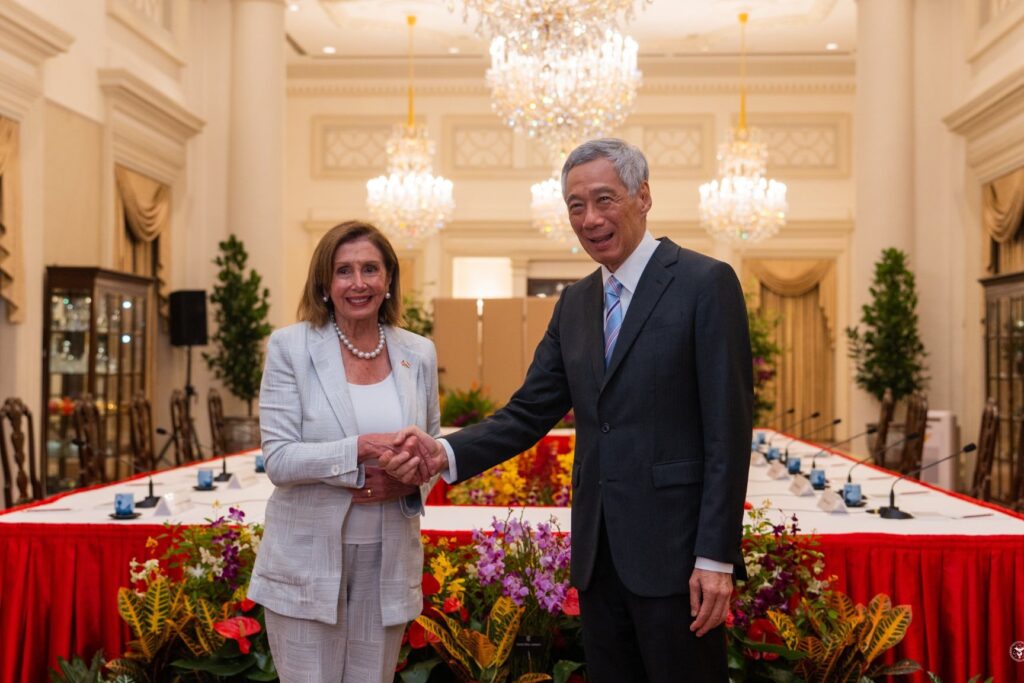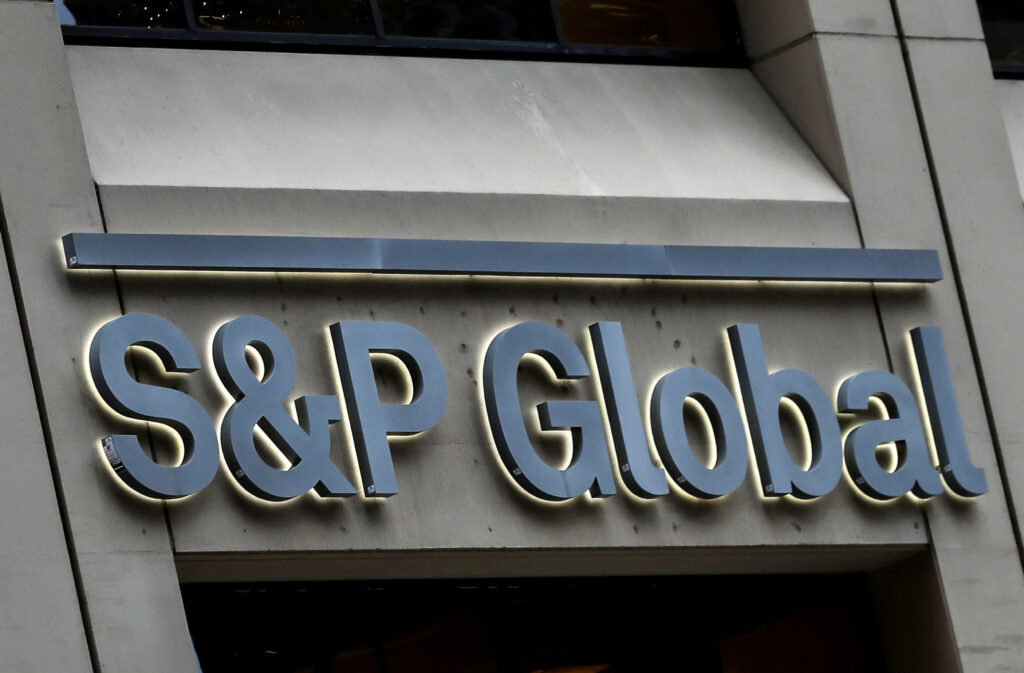DEI initiatives might inadvertently push for uniformity in values, marginalising those with differing beliefs and pressuring conformity without sensitivity.
Overview

The Viewpoint Diversity Score shows that employees in Fortune 500 companies fear sharing their views
When DEI initiatives pressure employees to accept LGBTQ ideology, viewpoint diversity might suffer. The initial appeal of diversity and inclusion has been to promote diverse ideas and solutions that contribute to business performance.
However, the Viewpoint Diversity Score (VDS) shows that companies including the Fortune 500 have a culture where employees fear to voice different perspectives. Recent DEI initiatives might be counterproductive to its original aim.
The VDS questionnaire includes [1]:
- Have you ever not shared an opinion regarding a social or political issue with a colleague or supervisor out of fear that your views could jeopardise your career or professional advancement?
- Have you ever not shared a disagreement or concern you had regarding your company’s direction or a management decision with a colleague or supervisor out of fear that your views could jeopardise your career or professional advancement?
- Do you agree or disagree with the following statement: My company is welcoming of new ideas and perspectives that challenge the status quo?
A work culture becomes less innovative when employees are fearful to share their disagreements and sharpen ideas. Employees will also feel that the company is not truly inclusive of their values, which may harm employee retention and overall satisfaction.
For Singapore to be truly innovative and inclusive, companies must include space for disagreements, and the appreciation of diverse viewpoints.
Viewpoint Diversity Score 2023 Overview







